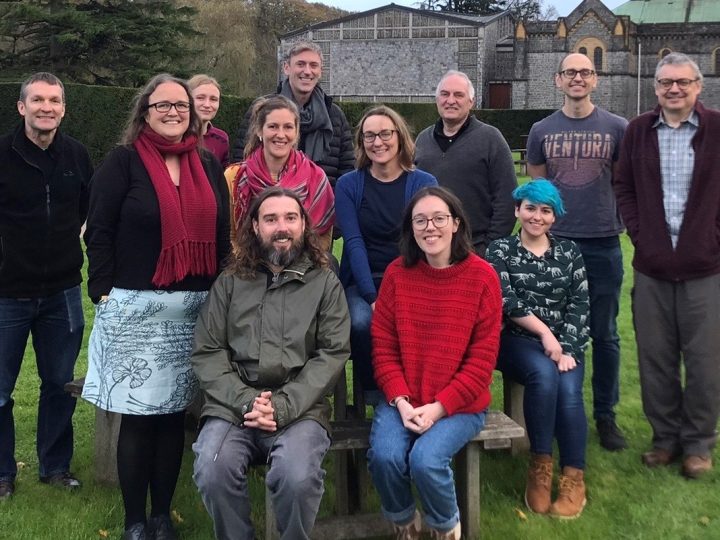Operational Research and Data Science (PenCHORD)
PenARC’s Operational Research and Data Science Team, also known as PenCHORD (the Peninsula Collaboration for Health Operational Research and Data Science), are specialists in helping healthcare professionals, commissioners and patients make informed decisions about change in the NHS. The team uses advanced quantitative techniques to model healthcare services and predict the impact of change.
Their past projects have covered a wide range of health services including stroke, cancer, mental health, neonatal health and surgery scheduling.
Their areas of expertise include:
- modelling patient pathways and the impact of proposed changes
- capacity and resource planning in acute and community services
- waiting list management and patient scheduling
- location and capacity analysis of outpatient services
- artificial intelligence (AI) techniques including machine learning and natural language processing
The PenCHORD Team lead the national Health Service Modelling Associates (HSMA) Programme which aims to build a culture and skills base through which simulation and modelling techniques are routinely used to support decisions within health, social care, and policing organisations. Free places on this programme are available every year and are open to health, care and policing professionals in England.

Team members

Amy Heather
Postdoctoral Research Associate
Andy Mayne
PenCHORD Honorary Associate Research Fellow
Dr Anna Laws
Research Associate
Dr Daniel Chalk
Senior Research Fellow in Applied Healthcare Modelling and Analysis
Dr Mike Allen
Senior Research Fellow in Applied Healthcare Modelling and Data Science
Jemma Phillips
Research and Communications Administrator
Kerry Pearn
Research Fellow
Sammi Rosser
Postdoctoral Research Fellow
Dr Thomas Monks
Associate Professor of Health Data ScienceProjects
SAMueL 2 – Stroke Audit Machine Learning
Themes:
- Methods for Research and Improvement
Methodology:
- Operational Research and Data Science (PenCHORD)
SWAIH (South West Analytics and Infrastructure in Healthcare)
Themes:
- Methods for Research and Improvement
Methodology:
- Operational Research and Data Science (PenCHORD)
IPACS – Improving Patient flow between Acute, Community and Social care
Themes:
- Methods for Research and Improvement
- Public Health
Methodology:
- Operational Research and Data Science (PenCHORD)
Health and Care Operational Research Network – HaCORN
Methodology:
- Operational Research and Data Science (PenCHORD)
Developing a generic vaccination delivery model to support vaccination services during the COVID-19 pandemic and beyond
Themes:
- Methods for Research and Improvement
Methodology:
- Operational Research and Data Science (PenCHORD)
Using Systems Dynamics modelling during COVID-19
Themes:
- Methods for Research and Improvement
Methodology:
- Operational Research and Data Science (PenCHORD)
